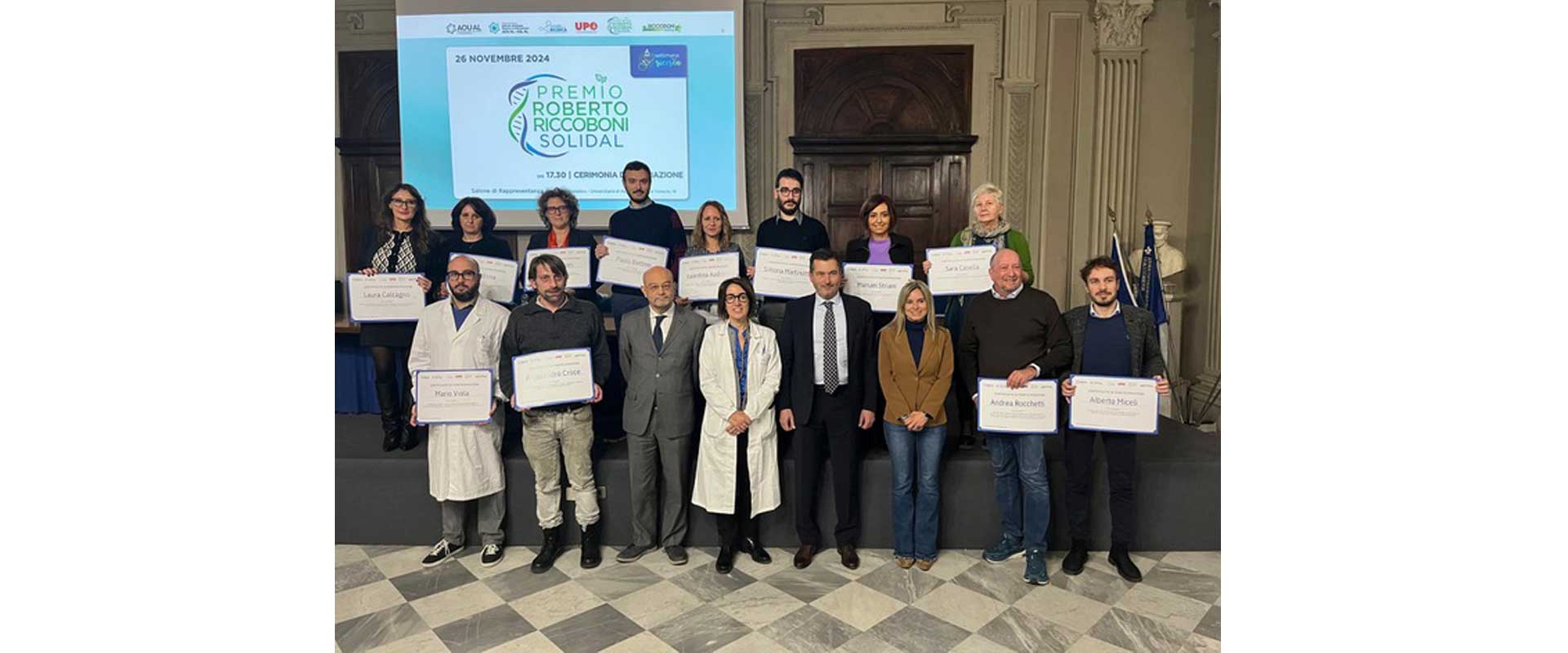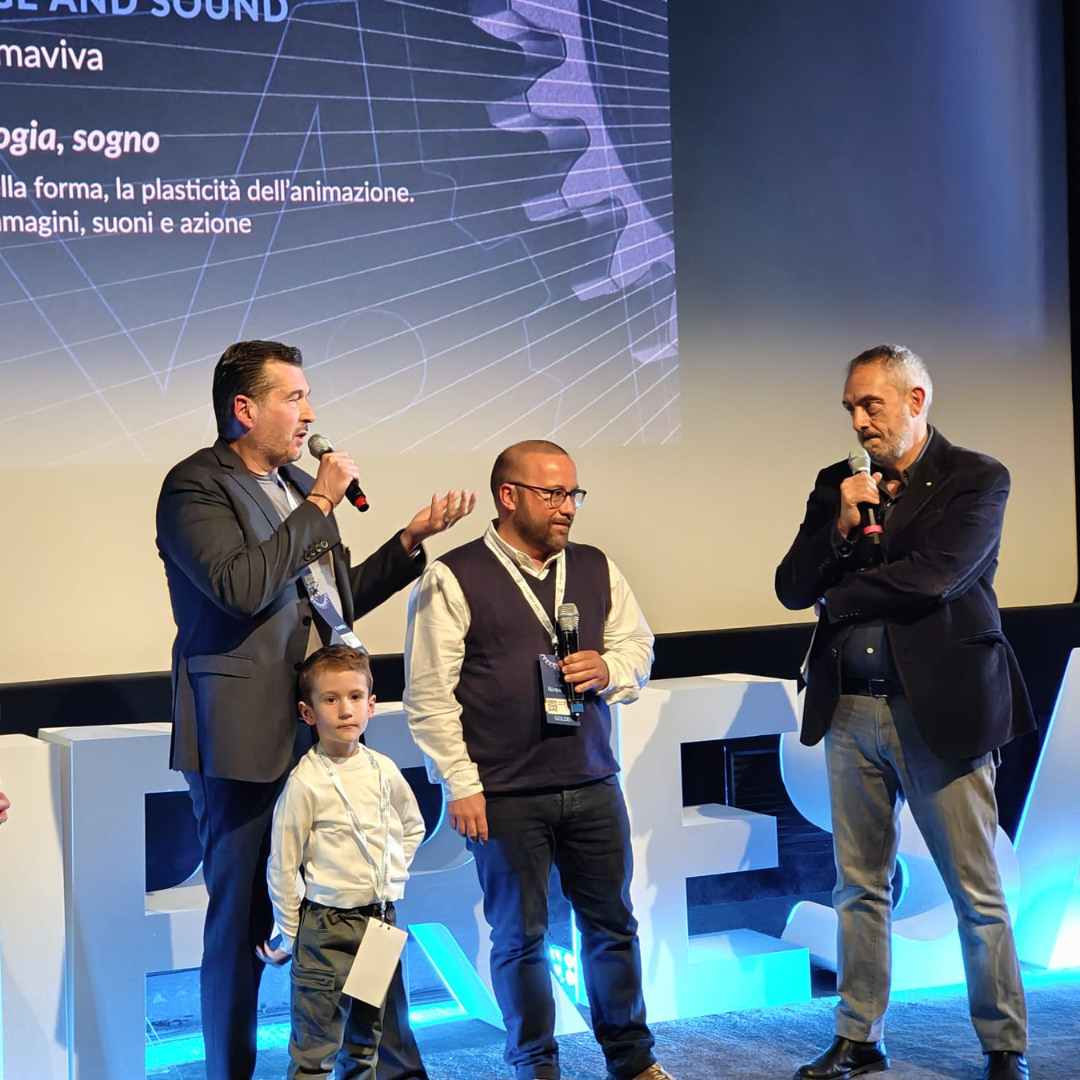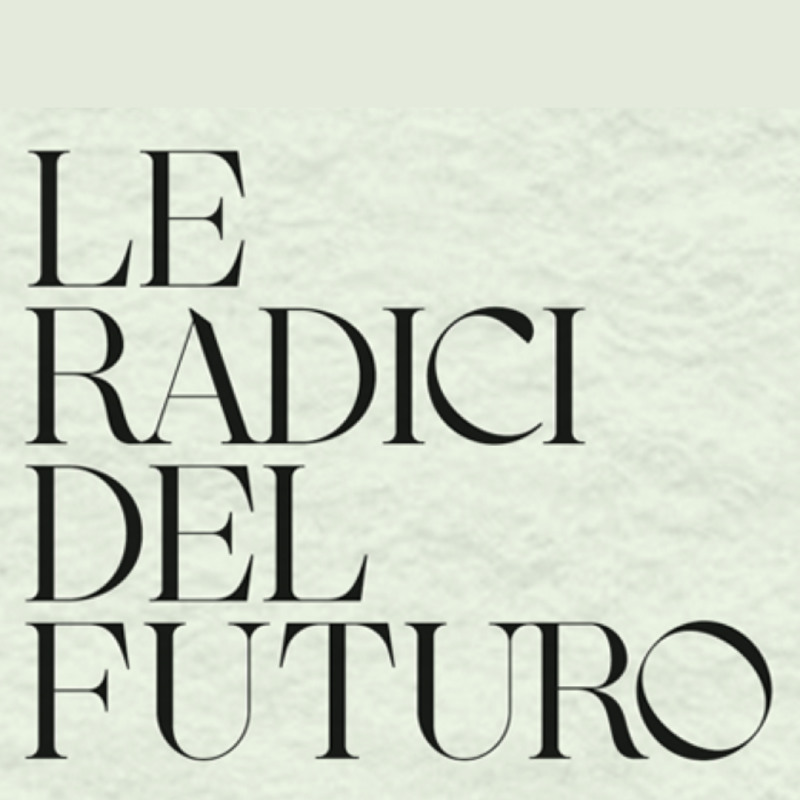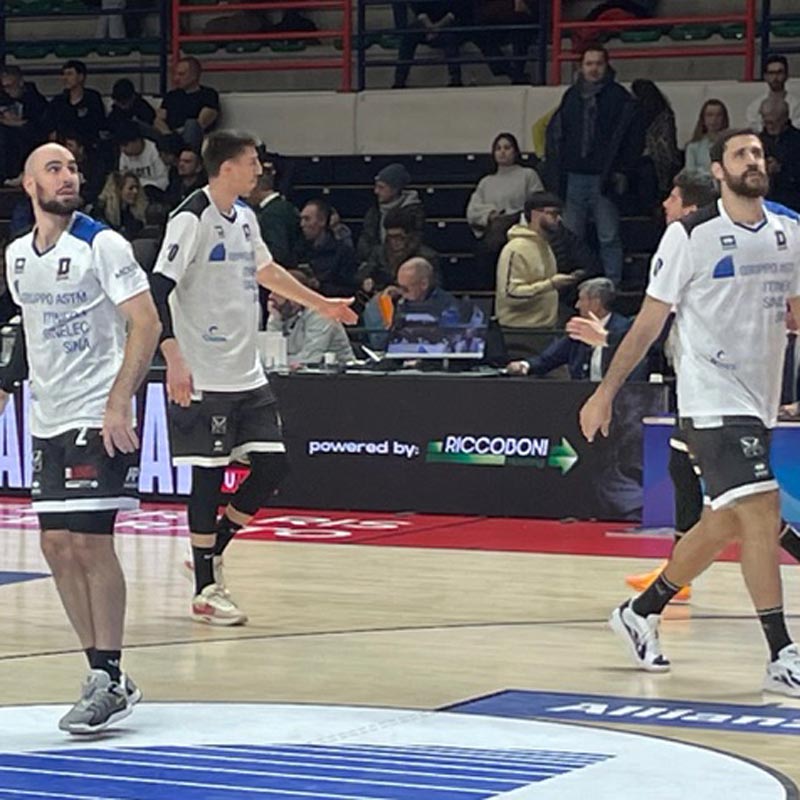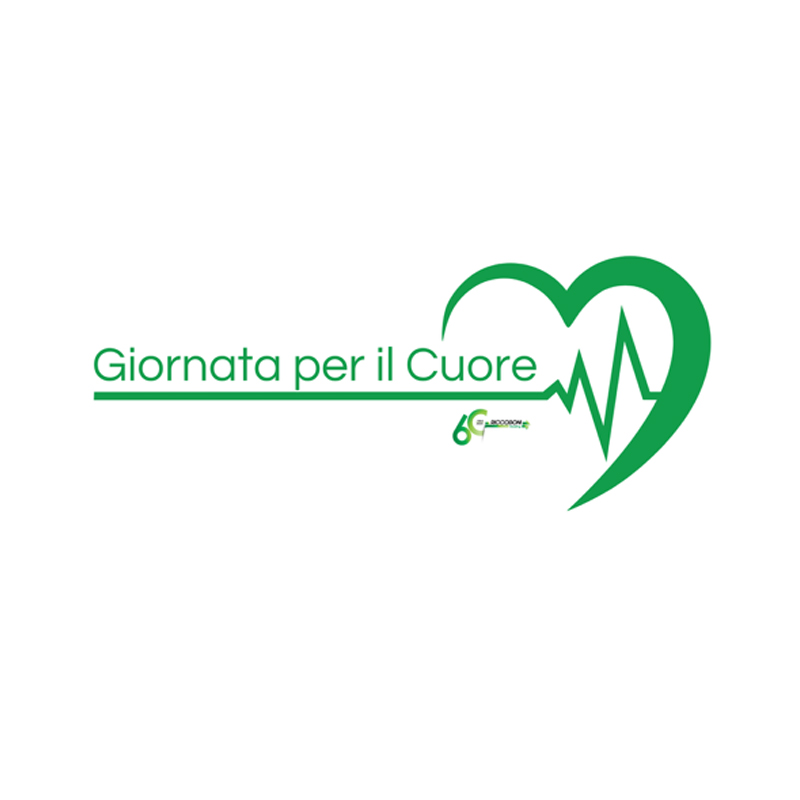ELISA ROBOTTI WINS THE 2ND ROBERTO RICCOBONI SOLIDAL AWARD
The award ceremony took place as part of Research Week
The 4th Research Week gave us one of the most eagerly awaited moments of the event organised by the Department of Integrated Research and Innovation Activities (DAIRI) and Solidal per la Ricerca: 26th November was entirely dedicated to presenting the work of the DAIRI Research Laboratories, culminating in the award ceremony for the 2nd Roberto Riccoboni Solidal Award.
Set up by Riccoboni Holding, which decided to honour the memory of Roberto Riccoboni by working together with Solidal per la Ricerca and establishing an award in his name, this coveted prize was won by Dr Elisa Robotti for the SQUIL-CKD project, therefore netting her the €15,000 grant to develop the project.
It is a pilot study that explores the role of hemodialysis treatment in trace element imbalances in patients suffering from chronic kidney failure. The goal is to understand the impact of uraemia and dialysis on deficiencies and excesses of elements such as iron, zinc, copper, selenium and heavy metals, aiming to identify useful biomarkers to prevent complications and to improve the quality of care for over 42,000 Italian patients. Furthermore, the results could lay the foundations for defining innovative guidelines, which currently do not exist, for managing these imbalances.
Important updates were given during the event on the projects under way at the DAIRI Research Laboratories, managed by Annalisa Roveta with Leonardo Marchese as project leader, as part of the ever stronger synergy with the DISIT – the Department of Science and Technological Innovation at the University of Eastern Piedmont – run by Guido Lingua. The topics that emerged include the role of microplastics, the use of artificial intelligence in personalised therapy and new approaches to the treatment of cardiovascular risks and remote support for patients with HIV. These projects underline the crucial role played by research in transforming modern medicine and promoting increasingly personalised and effective care.
This event was also the chance to present the results from the study which won the first Riccoboni Solidal Award 2023, developed by a research team coordinated by Dr Valentina Pizzo.
The MICRO-ASM project aims to investigate potential alterations in the gut microbiota of children aged between 6 and 9 diagnosed with asthma. This project will compare the onset of potential alterations with metadata from lifestyles, following the Mediterranean diet, levels of exercise and the use of bronchodilators and antibiotics in order to check whether these factors are correlated. “Between early June and early November”, explained Dr Pizzo, “we enrolled 20 young patients and sequenced their gut microbiota. The statistical analysis is still ongoing, but the first results are encouraging: the percentage of pathogens is very low and the greatest variation of prevailing general bacteria is currently primarily correlated with the use of antibiotics. Our thanks go to all our colleagues who helped carry out the project, but above all to the families, without whom we could not have run this study. This pilot project also allowed us to launch a series of partnerships and to develop new ideas for the future, such as a second enrolment process for healthy children to compare them with the first 20 patients and to produce paediatric reference values”.
Angelo Riccoboni, the CEO and President of Riccoboni Holding, added: “This edition of the award falls on the same year as our company’s 60th anniversary, a milestone we have celebrated by laying the foundations for a solid future aimed at strengthening the sustainable and circular green economy. The Roberto Riccoboni award is part of assisting the region in order to support healthcare research based on rewarding merit, with particular support for studying diseases linked to environmental factors. We are pleased with the results achieved by the team led by Dr Valentina Pizzo, who won the first edition of the award with her project on microbiota and asthma, and we hope to contribute to the success of the pilot study by Dr Elisa Robotti’s team on trace element imbalances in dialysis patients suffering from chronic kidney failure”.
Set up by Riccoboni Holding, which decided to honour the memory of Roberto Riccoboni by working together with Solidal per la Ricerca and establishing an award in his name, this coveted prize was won by Dr Elisa Robotti for the SQUIL-CKD project, therefore netting her the €15,000 grant to develop the project.
It is a pilot study that explores the role of hemodialysis treatment in trace element imbalances in patients suffering from chronic kidney failure. The goal is to understand the impact of uraemia and dialysis on deficiencies and excesses of elements such as iron, zinc, copper, selenium and heavy metals, aiming to identify useful biomarkers to prevent complications and to improve the quality of care for over 42,000 Italian patients. Furthermore, the results could lay the foundations for defining innovative guidelines, which currently do not exist, for managing these imbalances.
Important updates were given during the event on the projects under way at the DAIRI Research Laboratories, managed by Annalisa Roveta with Leonardo Marchese as project leader, as part of the ever stronger synergy with the DISIT – the Department of Science and Technological Innovation at the University of Eastern Piedmont – run by Guido Lingua. The topics that emerged include the role of microplastics, the use of artificial intelligence in personalised therapy and new approaches to the treatment of cardiovascular risks and remote support for patients with HIV. These projects underline the crucial role played by research in transforming modern medicine and promoting increasingly personalised and effective care.
This event was also the chance to present the results from the study which won the first Riccoboni Solidal Award 2023, developed by a research team coordinated by Dr Valentina Pizzo.
The MICRO-ASM project aims to investigate potential alterations in the gut microbiota of children aged between 6 and 9 diagnosed with asthma. This project will compare the onset of potential alterations with metadata from lifestyles, following the Mediterranean diet, levels of exercise and the use of bronchodilators and antibiotics in order to check whether these factors are correlated. “Between early June and early November”, explained Dr Pizzo, “we enrolled 20 young patients and sequenced their gut microbiota. The statistical analysis is still ongoing, but the first results are encouraging: the percentage of pathogens is very low and the greatest variation of prevailing general bacteria is currently primarily correlated with the use of antibiotics. Our thanks go to all our colleagues who helped carry out the project, but above all to the families, without whom we could not have run this study. This pilot project also allowed us to launch a series of partnerships and to develop new ideas for the future, such as a second enrolment process for healthy children to compare them with the first 20 patients and to produce paediatric reference values”.
Angelo Riccoboni, the CEO and President of Riccoboni Holding, added: “This edition of the award falls on the same year as our company’s 60th anniversary, a milestone we have celebrated by laying the foundations for a solid future aimed at strengthening the sustainable and circular green economy. The Roberto Riccoboni award is part of assisting the region in order to support healthcare research based on rewarding merit, with particular support for studying diseases linked to environmental factors. We are pleased with the results achieved by the team led by Dr Valentina Pizzo, who won the first edition of the award with her project on microbiota and asthma, and we hope to contribute to the success of the pilot study by Dr Elisa Robotti’s team on trace element imbalances in dialysis patients suffering from chronic kidney failure”.


